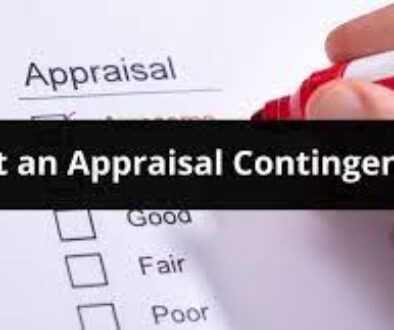Top Mortgage Lenders in California: Finding the Right Fit for Your Needs
Mortgage Lenders
Buying a home in California can be a dream come true, but finding the right mortgage lender is a critical step in the process. With a wide array of options available, from national banks to local lenders, navigating the choices can feel overwhelming. This guide will help you understand what to look for in a mortgage lender and highlight some of the top mortgage lenders in California to consider for your unique needs.
What to Look for in a Mortgage Lender
When choosing a mortgage lender in California, consider these key factors:
-
Competitive Interest Rates
Interest rates significantly impact your monthly payments and overall loan cost. Shop around and compare rates to ensure you’re getting the best deal. -
Loan Options
Look for lenders that offer a variety of loan products, such as conventional loans, FHA loans, VA loans, and jumbo loans, to fit your financial situation. -
Customer Service
A lender’s responsiveness and willingness to answer your questions can make a big difference in your experience. -
Reputation and Reviews
Research online reviews and testimonials to gauge the lender’s reputation and reliability. -
Pre-Approval Process
A quick and efficient pre-approval process can help you move forward confidently in California’s competitive housing market.
Top Mortgage Lenders in California
Here are some of the top mortgage lenders known for their services in California:
1. Wells Fargo
One of the largest national banks, Wells Fargo offers a wide range of mortgage products, competitive rates, and a strong online platform for managing your loan.
- Best For: First-time homebuyers and those seeking jumbo loans.
- Why Choose Them: Comprehensive resources and nationwide presence.
2. Quicken Loans (Rocket Mortgage)
Known for their user-friendly online application process, Quicken Loans offers a seamless experience for tech-savvy buyers.
- Best For: Buyers who prefer a digital-first mortgage process.
- Why Choose Them: Fast pre-approvals and excellent customer reviews.
3. Bank of America
Bank of America provides competitive rates, flexible loan options, and special programs for first-time buyers.
- Best For: Buyers looking for low down payment options.
- Why Choose Them: Access to a wide network of branches and helpful online tools.
4. Guaranteed Rate
Guaranteed Rate is known for offering low rates and a transparent mortgage process, with tools to help you understand your loan options.
- Best For: Buyers seeking transparency and personalized service.
- Why Choose Them: Easy-to-use digital platform and experienced loan officers.
5. Local Credit Unions
California has many credit unions, such as Golden 1 Credit Union and Patelco Credit Union, that offer competitive rates and a more personal touch.
- Best For: Buyers looking for community-focused service and lower fees.
- Why Choose Them: Member benefits and localized expertise.
Tips for Choosing the Right Lender
- Compare Loan Estimates: Request Loan Estimates from multiple lenders to compare rates, fees, and terms.
- Ask Questions: Don’t hesitate to ask about hidden fees, prepayment penalties, or other details.
- Check Eligibility for Special Programs: California offers various assistance programs for first-time buyers and low-income households.
- Consider Local Lenders: Sometimes, smaller lenders or credit unions can offer more personalized service and better rates.
Final Thoughts
Finding the right mortgage lender in California is a crucial step in achieving your homeownership goals. By understanding your needs and comparing your options, you can select a lender that aligns with your financial situation and offers the support you need throughout the process.
Start by exploring the lenders listed above and take advantage of their tools, resources, and expertise. With the right lender by your side, you’ll be one step closer to making your dream home a reality in California.
📞Contact us at 657-777-0024
🌐 https://thelendingmamba.com/
Email: Info@thelendingmamba.com




